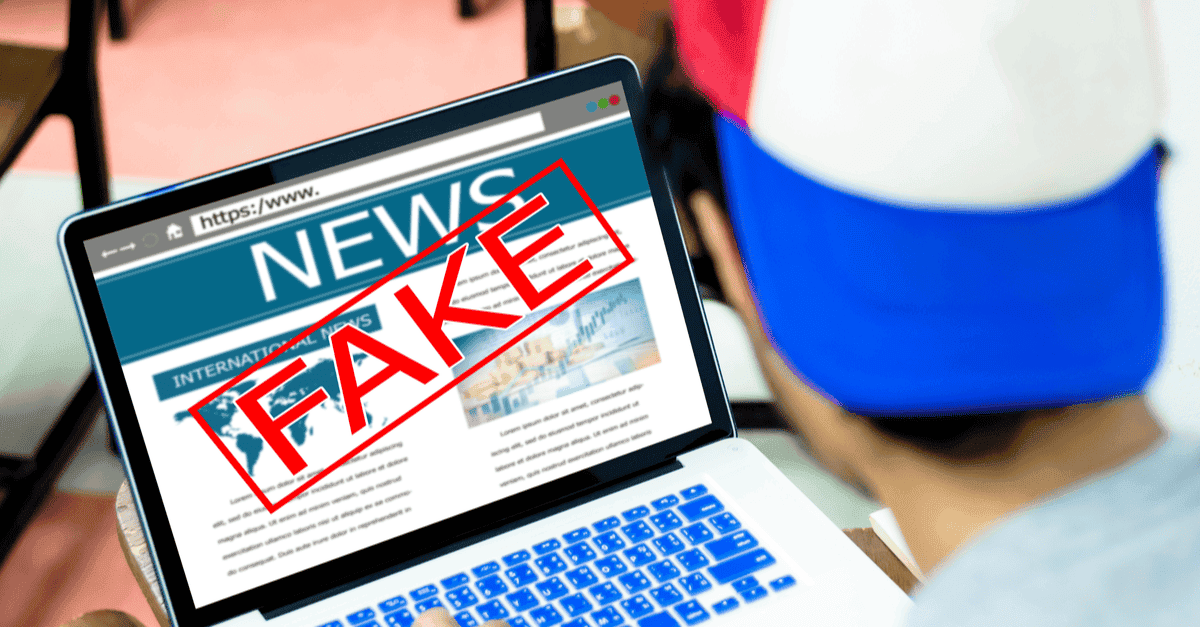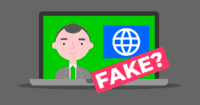What is the announcement?
The NHS released today a series of measures in the battle against coronavirus fake news.
The NHS is working with Google, Twitter, Instagram and Facebook to help the public get easy access to accurate NHS information and avoid myths and misinformation.
Why was this announcement made?
The reasons for this announcement were due to the government’s action of tackling fake news and the need to engage with social media platforms to monitor the internet for scams.
What are the measures the NHS are implementing?
The measures:
- Search engine results: search engine Google pointing people first to verified NHS guidance when someone types in ‘coronavirus treatments’ or ‘coronavirus symptoms’.
- Social media: the NHS is working with Twitter to suspend false accounts posing as hospitals and putting out inaccurate information about the number of coronavirus cases, and publicly condemning promoting false treatments.
Both Twitter and Facebook will also start directing users to the NHS website if they search for coronavirus.
- Knowledge Panels: this week, the NHS and Google will introduce these panels (pop-out boxes of information) – as part of Google search on mobile.
This is to ensure it provides the public in the UK with easy access to NHS information about more than 250 health conditions, including coronavirus.
Professor Jonathan Benger, Chief Medical Officer at NHS Digital, which runs the NHS website says:
“Getting the right health information to the public is essential, particularly during outbreaks of disease […]
The more we can share accurate information, the less likelihood there is of inaccuracy and rumour, which could put people at risk.”
What should I do if I or my child has come across fake news?
You should do a search to double-check who the author is and how credible they are. See if the information is available on reputable sites and use good fact-checking websites to get more information such as the NHS website, news outlets such as BBC, The Guardian, ITV News, etc.
And so, it’s worth being ahead of the curve by having conversations with your child about fake news that they may come across in the media.






